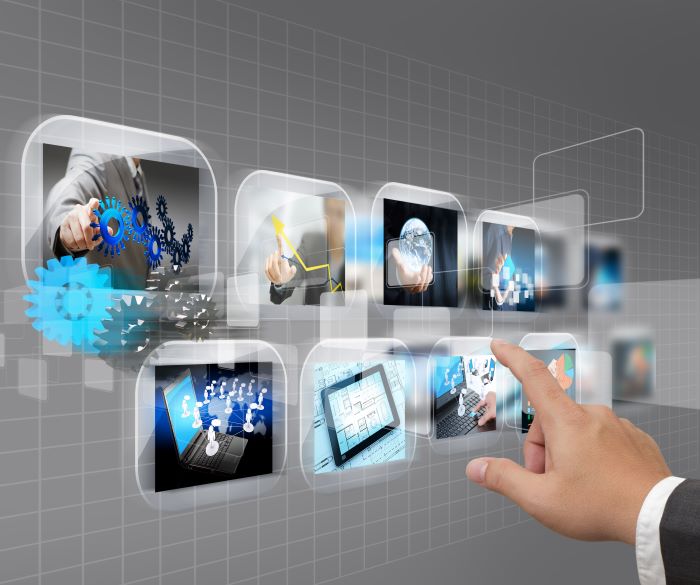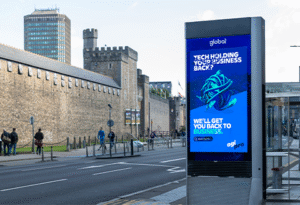New Technology Trends That Will Impact and Influence Us

Technology is evolving at an impressive speed. Just think a few decades ago, we had dial-up internet and mobile phones looked like bricks. Fast-forward to today, and everything is super intelligent, and most technological advancements are improving the life we lead. There’s no getting away from the fact that it will continuously evolve into things we didn’t even know we needed. Who’d have thought we’d be asking Alexa to play out favourite tunes or could switch the heating on from our smartphone. Still, we can, and those small things will become ingrained in everyday life before we know it.
While the pandemic has taken most of the headlines from the past few months, there have been many things going on behind the scenes in several sectors, including technology. So here are some trends that will be influencing and impacting our lives as we head into the ‘new normal’.
AI steps up a gear
Artificial intelligence (AI) has been in our lives for a few years now, and the introduction of devices such as Siri, Alexa, and Google Assistant is becoming a household feature. However, this year, AI is set to make its mark in the manufacturing sector and have its breakout moment fuelled by the need to streamline systems and automate to avoid unnecessary waste. Technology on this scale is already being used by brands such as GAP to automate part of the distribution element. So it’s set to start ramping up in other industries in the coming years.
The introduction of 5G
5G has become a bit of a buzzword in recent years, and it’s no surprise it is nearly here as people demand faster connectivity across the globe. 5G is said to be about 10 to 100 times faster than the current 4G network, and most webpages we view will load within milliseconds. The introduction of 5G means that businesses will be able to operate more efficiently, and of course, streaming issues will largely become a thing of the past. While this technology is primarily being welcomed, there is some conversation and questions such as – is 5G safe? The area is still being researched on how it may impact society and health.
Autonomous driving
We’ve all heard about autonomous driving, and it’s one of those areas that are always met with some resistance partly because it means giving full control to technology! While cars are not classed as Level 5 (fully autonomous) yet, some Tesla’s have reached the stage of autopilot mode on US highways. However, this is based on a Level 2 or Level 3 setting, which means the driver has control in an emergency. This progress is still leaping forwards, and many startups are developing technology to map the roads and conditions that can create the next generation of autonomous cars.
Aerospace evolution
The private sector has been making waves this year in a bid to join the wave of companies trying to get into space. Many people saw SpaceX take a leap into aerospace advancements, as it was the first commercially crewed mission to the International Space Station. Other countries, such as China, have private and government programs to make progress in this area, and it will only be a matter of time before other countries also start their journey into space.
Genome technologies in the healthcare sector
Technology is taking its place in the healthcare sector on many levels. While the evolution of AI will help to improve the quality of treatment for patients, genome analysis is a standout example of the advancements in the sector. In Japan and Korea, startups are developing technology and leading genome analysis models to learn about diseases and better preventative methods. This depth of understanding could change the success levels of treatments and offer a deeper understanding of complex medical conditions.
Agricultural technology
Farming and agriculture has primarily depended on traditional methods for many years. Some innovations have taken place. However, AI is now taking it a step further to improve crop growth efficiency and yields. Technology and machinery are also being developed to harvest plants and fruits. This, in turn, with data from AI, will change the way we farm and grow food in the future.
While technology may spur change in the world, the effect on the workforce is often a major concern, especially in today’s climate. However, by embracing and harnessing this innovation, technology may be able to help drive innovation and opportunity in these uncertain times.





